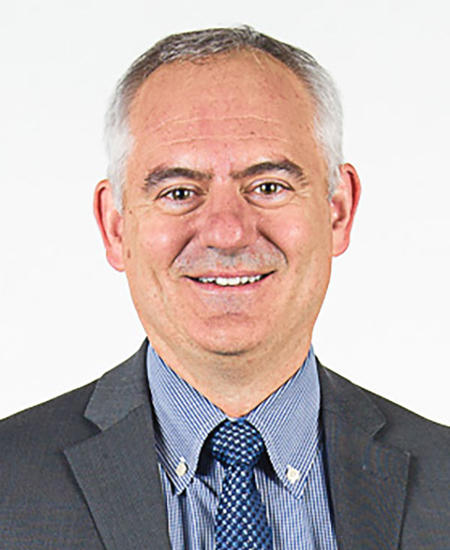
Speaker: W. Brent Seales
Affiliation: University of Kentucky
ABSTRACT:
Progress over the past decade in the digitization and analysis of text found in cultural objects (inscriptions, manuscripts, scrolls) has led to new methods for reading the “invisible library”.
This talk explains the development of non-invasive methods, showing results from restoration projects on Homeric manuscripts, Herculaneum material, and Dead Sea scrolls.
Premised on “virtual unwrapping” as an engine for discovery, the presentation culminates in a new approach – Reference-Amplified Computed Tomography (RACT) – where machine learning and cloud computing becomes a crucial part of the imaging pipeline.
This talk will explore the promise of virtual unwrapping and related applications, and will make the case that RACT may indeed be the pathway for rescuing still-readable text from some of the most stubbornly damaged materials, like the enigmatic Herculaneum scrolls.
BIO:
W.Brent Seales, Professor and Chairman of the Department of Computer Science at the University of Kentucky, is currently a Getty Conservation Institute Scholar. Seales’ research applies data science and computer vision to challenges in the digital restoration and visualization of antiquities. In the 2012-13 he was a Google Visiting Scientist in Paris, where he continued work on the “virtual unwrapping” of the Herculaneum scrolls. In 2015, Seales and his research team identified the oldest known Hebrew copy of the book of Leviticus (other than the Dead Sea Scrolls), carbon dated to the third century C.E. The reading of the text from within the damaged scroll has been hailed as one of the most significant discoveries in biblical archaeology of the past decade.
Hosted by Professor Richard Korf
Date/Time:
Date(s) - Feb 11, 2020
4:15 pm - 5:45 pm
Location:
3400 Boelter Hall
420 Westwood Plaza Los Angeles California 90095
